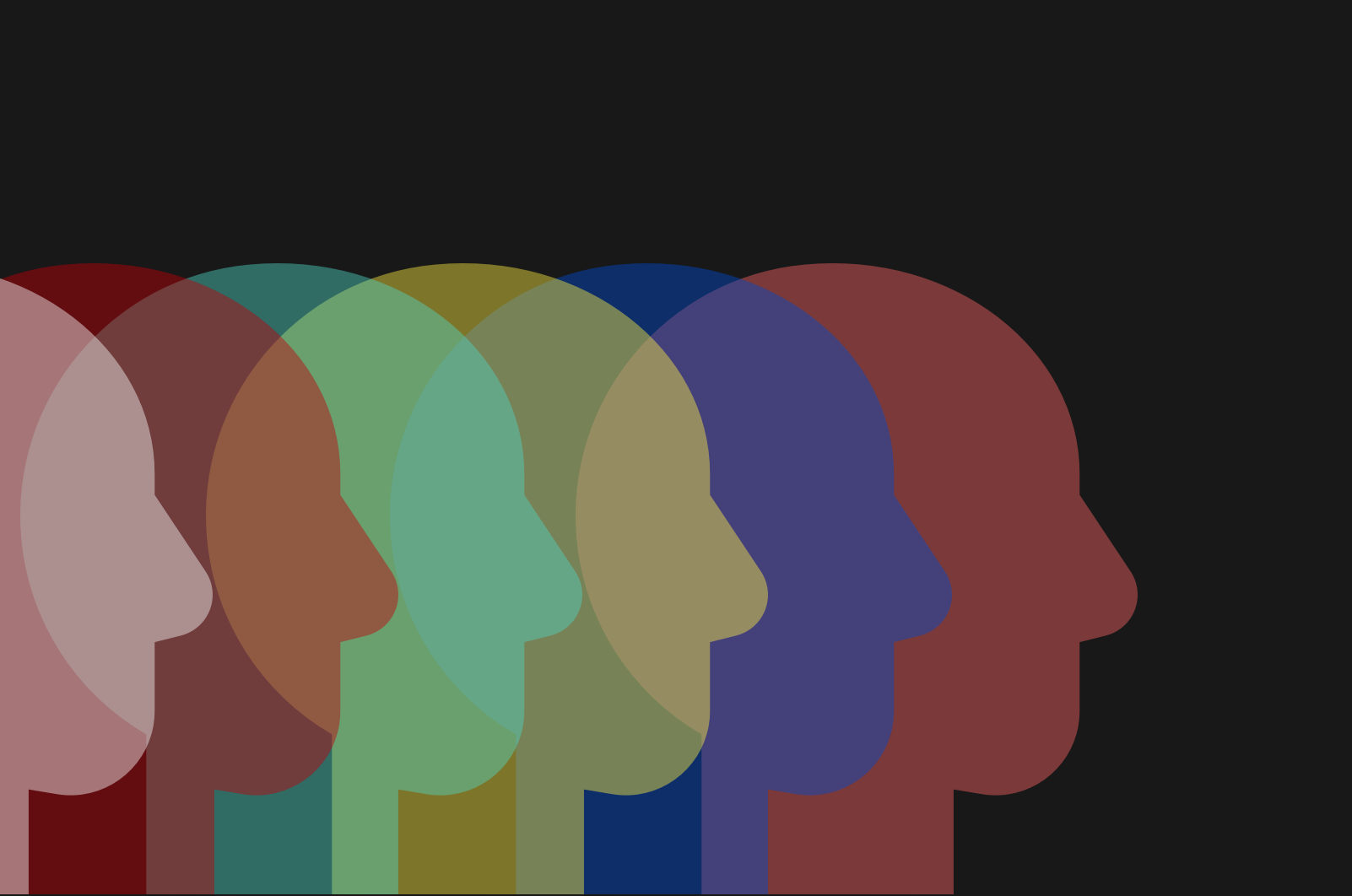
I’m at UX Cambridge this week and have just attended a brilliant talk by James Chudley delving into the skills which determine why some UX designers are better than others.
Chris and his colleagues cxpartners have developed what I think is a really good overview of the soft skills needed to become a truly exceptional UXer. Below are the skills he’s identified plus my understanding of what this is and why it’s important:
-
Pragmatism - when we begin a project we start with an ideal approach and then pretty much always have to decide what to chop from it, so being pragmatic as opposed to dogmatic is really useful as it allows us to make progress. or example when do we make the call that a design is “good enough?”, or “that’s enough research for now?” Another area where pragmatism is useful is when weighing up business needs versus our users needs. As UX designers we’re tasked with representing the users, but ultimately we’re paid by the businesses which employ us - there is a potential conflict here, so we need to be pragmatic enough to meet the needs of both our employers and the users we’re representing.
-
Communication - The key part of communication which is often forgotten about is taking the time to genuinely listen to users and colleagues to understand needs and requirements. It’s also about how well we communicate these things at different levels and different functions.
-
Flexibility and adaptability - During a design process we pretty much always have to diverge from our plans, whether that’s the scope or direction of the project. It really helps to embrace this change and adapt what we’re doing to support business requirements. The chances are the changes are being requested for a good reason, so taking time to understand the reasoning for those changes and work around them is a great way of supporting colleagues.
-
Positivity and Resilience - All projects have low points, or sudden problems, or even dreaded political issues. Great UXers are resilient and deal well with any knocks to their projects process. Also it really helps to be self motivating to weather the effects of a challenging situation.
-
Confidence and influence - As UXers we need to have the confidence to influence our colleagues to do the right things for our users. Chris gave a great example of this. On a project one of his colleagues had very little budget or time to carry out crucial user research, so had to resort to asking people (who clearly did not want to be bothered) questions at a bus stop at 7:30am. This is a really uncomfortable situation for both the researcher and participant, but quite often this type of guerrilla research can be the most valuable.
-
Creativity and problem solving - We have to be able to come up with creative ideas to solve problems and convince people of things. Quite often the best solutions to a problem are not at all obvious.
-
Selling and influencing - This isn’t about selling to users, or customers, but about convincing our colleagues and employers that we should do the right thing for our users, and selling the benefits of good design.
-
Curiosity - Curiosity is key to being a great UX designer as wanting to understand how something works is a prerequisite to improving or redesigning something. For example breaking something down into its constituent parts enables us to identify which of those parts are important then build those things back together. It’s key to helping us understand existing designs and incorporating their design features to create a better design. In essence it’s being a bit of a thief!
-
Being reliable - Commitment to delivery and a strong work ethic. Deliver what you said you were going to do - so often it doesn’t happen. This helps colleagues, and clients trust us that the important things will get done.
-
An interest in people - The ability to build relationships and understand the things other people are going through is crucial to being a great UX designer. Also this helps with working well with other people in the design and build process as understanding their perspective can help us work better with them.
-
A genuine desire to make stuff better - If we don’t have this, why would we fight with the development team to make something slightly better, and ultimately that’s why we’re in this job in the first place!
-
Commercial acumen - We need to understand how your client or employer is trying to make money and design around this. We also need to understand the language within organisations and translate that outside the business - for example banking customers aren’t aware of all of the internal jargon used inside the bank itself.
-
Leadership and decision making - While leadership is probably more applicable for those aspiring to be in more senior positions, decision making is crucial in prioritising work and making calls on design decisions.
-
And finally… Don’t be a dick! This one probably speaks for itself!